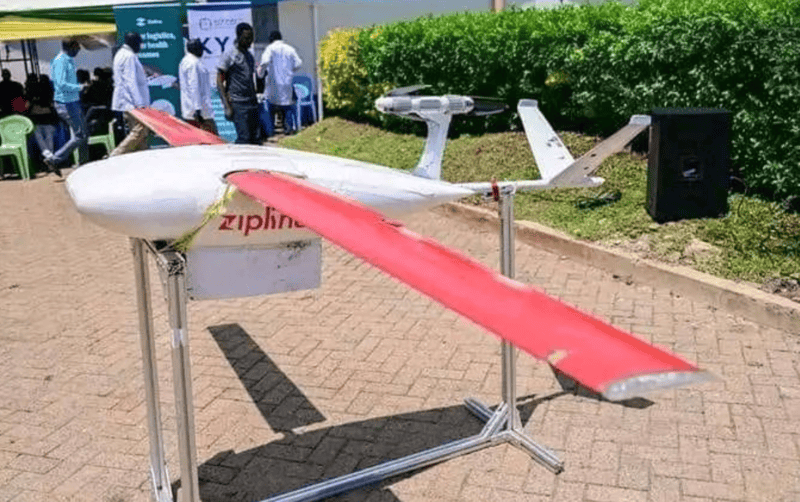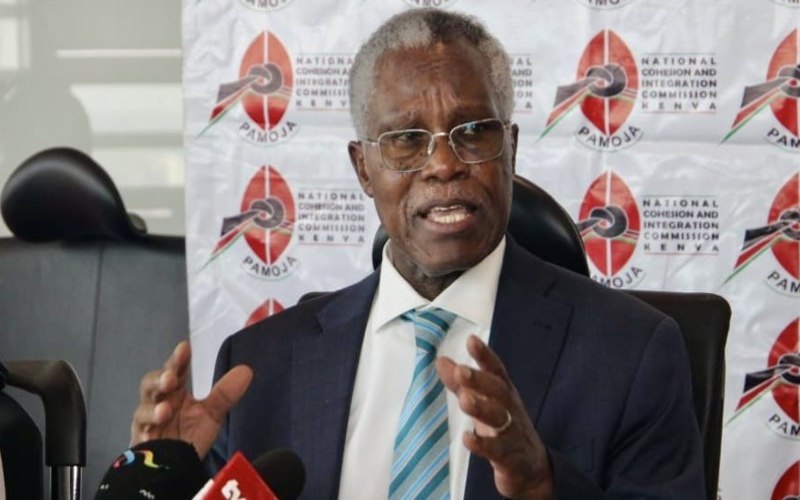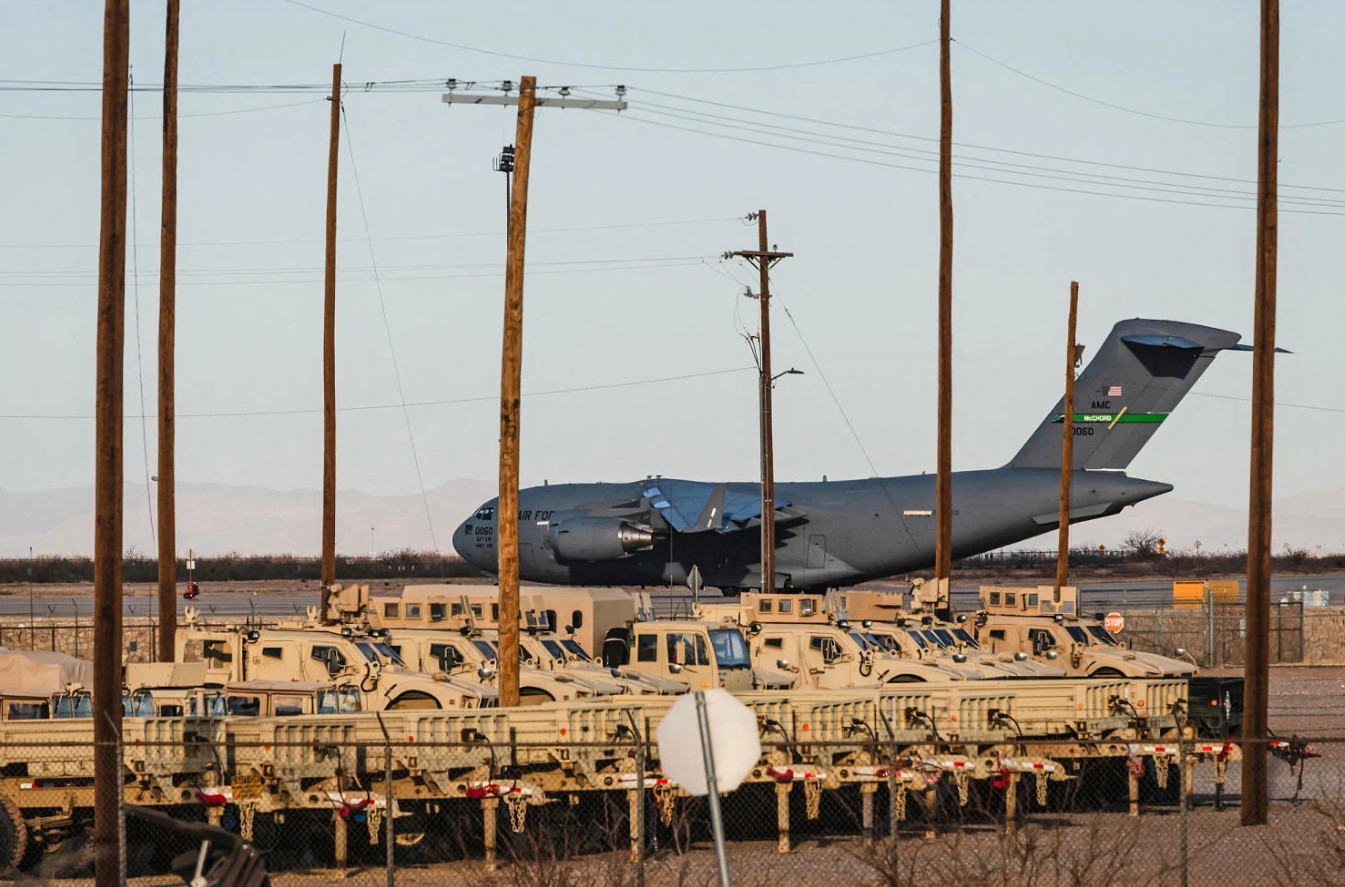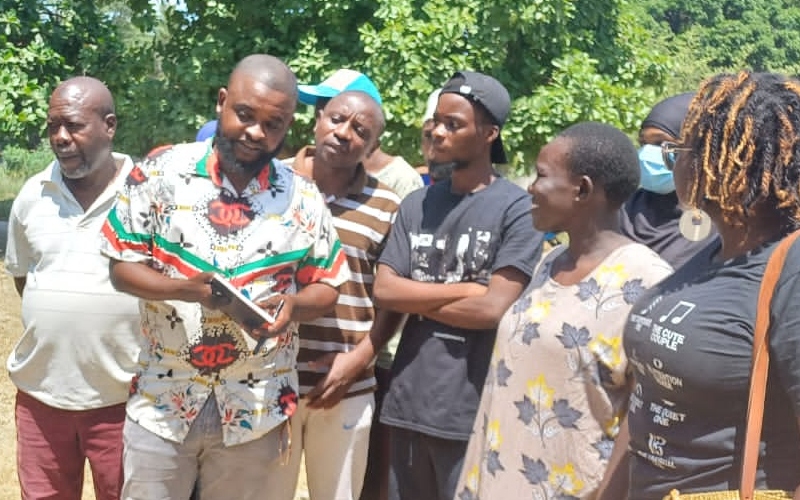Relief for Kericho residents as county introduces drone delivery of medical supplies

Zipline drones can autonomously deliver medical supplies within 30 minutes after an order is placed via text message.
In a move aimed at enhancing healthcare delivery, Kericho County has adopted the use of drones to transport critical medical supplies, including medicines, vaccines, and blood, to hospitals across the region.
Speaking during the launch of the drone delivery service at Sigowet Sub-County Hospital in Soin Constituency, Governor Erick Mutai said the initiative would revolutionise how medical resources are distributed, especially to remote areas and areas with limited infrastructure.
More To Read
- Africa’s drone wars are growing – but they rarely deliver victory
- Africa’s rapid drone expansion promises high-tech warfare but struggles to achieve strategic results
- Inside Rwanda’s bold bet on drones for transport, defence and innovation
- Governor Erick Mutai breaks silence after surviving impeachment
- Watch: Governor Erick Mutai’s impeachment trial enters third day
- Governor Mutai impeachment case: Electronic voting system was credible, verifiable, and free from irregularities - ICT expert
During the launch event, a drone successfully delivered a consignment of drugs, vaccines, and blood to the hospital within 20 minutes from a launch pad located several kilometres away.
“These drones will not only save lives by providing urgent medical supplies but will also cut transportation costs for the county's healthcare system,” Mutai said.
Kericho County Health Executive Brenda Bill-Bii added that the Kenya Civil Aviation Authority has mapped 35 health facilities where drones will be deployed.
“This mapping will ensure efficient and reliable delivery of medical supplies to even the most remote areas, helping to improve access to critical health services,” Bill-Bii said.
The adoption of drone technology aligns Kenya with other African countries such as Ghana, which have implemented similar systems.
In 2019, Feller Rinaudo, CEO and Co-founder of Zipline International praised Kenya’s efforts to adopt drones for medical deliveries, stressing that millions of people around the world die every year due to a lack of timely access to medicine.
"We are building the first logistics system to serve all people equally," Rinaudo said.
Rinaudo further explained that Zipline drones can autonomously deliver medical supplies within 30 minutes after an order is placed via text message.
“The drones can carry up to 1.8 kilos of cargo, travel at 110 kilometres an hour, and operate in all weather conditions with a round-trip range of 160 kilometres,” he said.
Using drones to transport vital medical supplies is gaining popularity worldwide, particularly in regions with difficult terrain. One of the significant challenges faced by healthcare providers, especially in remote and urban areas, has been the quick and safe transportation of lab specimens and drugs.
A 2015 study conducted by Ugandan and American researchers found that drones could effectively transport delicate human samples for laboratory testing without compromising their quality.
The study revealed that 33 per cent of the most common lab tests were not negatively affected even after drone transportation.
Health Cabinet Secretary Debrah Barasa proposed the use of digital platforms to reduce human-to-human interaction in the country to curb corruption in the health sector.
Appearing before the Committee on Appointments during her vetting, Barasa said Kenyans should embrace telemedicine which will in turn reduce the cost of healthcare in the country.
Telemedicine is the use of telecommunications technologies to support the remote delivery of all kinds of medical, diagnostic, and treatment-related services usually by doctors.
Top Stories Today













































